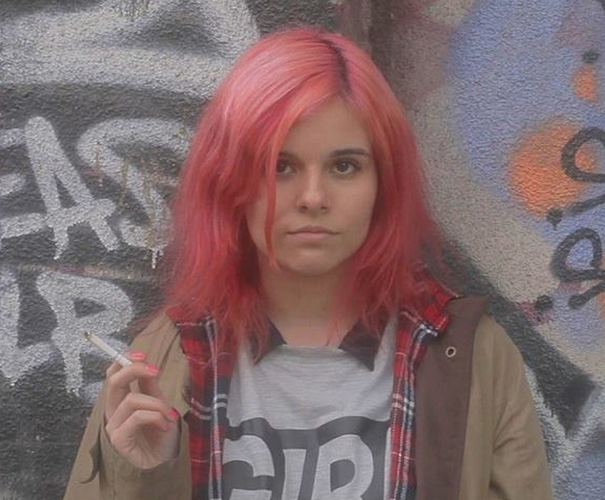Healing Powers of Cinema: Brief Notes on the Trans-Andean Present
By Andrea Guzmán

Andrea Guzmán
Although I always try to remain optimistic, I recognize that I do not write during a very encouraging moment in Latin-America, and more specifically, in both of my places of belonging: where I was born and where I began my career. I migrated from Chile to Argentina at the age of 18. Both countries are neighbours but the gap in the ways of understanding art and culture is big. The quality and quantity of Argentinean cinema has always been impressive for us in Chile. I soon understood that this big eclectic Argentinean art scene that I truly admired was not only due to its inventiveness and local personality, but to its institutional and transversal support of the arts. There is a great belief in society in cinema and art not just as an economic value, but always encouraging the production itself with very concrete economic and politic measures. To live and work in Argentina has opened a new mentality that exceeds cinema and includes new ideas about politics, aesthetics, and society.
But now, in Argentina, the right-wing government has sadly imposed with politics of violence and repression and a regressive economy, similar to the one I experienced in Chile, and the situation of funds for cinema are becoming more difficult, anti-democratic and cruel. I think it is more important to be aware, each one from our place. I believe in the experiences and ideas that exceed cinema, that go through the cinema and help to build it and shape it. Maybe that’s why I’ve never seen myself as a film critic, but more as a cultural journalist. I don’t believe in cinema as an isolated discipline that has to speak only about itself, but as a medium that’s in constant dialogue with other kinds of art, with its context of production, with the points of views that reveal its own era, and the discussion and discomforts of its historical and social moment.
I believe in the healing power of cinema – in making movies, watching movies, thinking about movies and discussing them, as a liberating gesture in this little oasis of anarchy that cinema enables. Like in most places, the film criticism community here is very small, and tends to be hermetic. That’s why I always celebrate the proximity of cinema and the general public in Argentina, where it always characterizes its democratic way of understanding the arts. I hope for the best to my adoptive country because that healing power does not belong just to film critics, to a certain economic class or a certain political project but to all.

